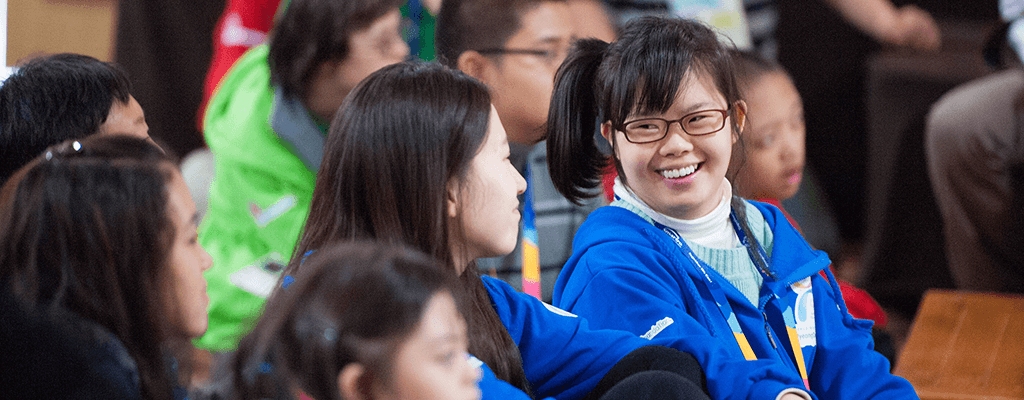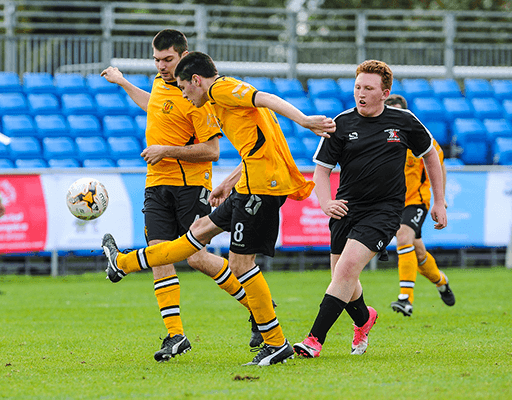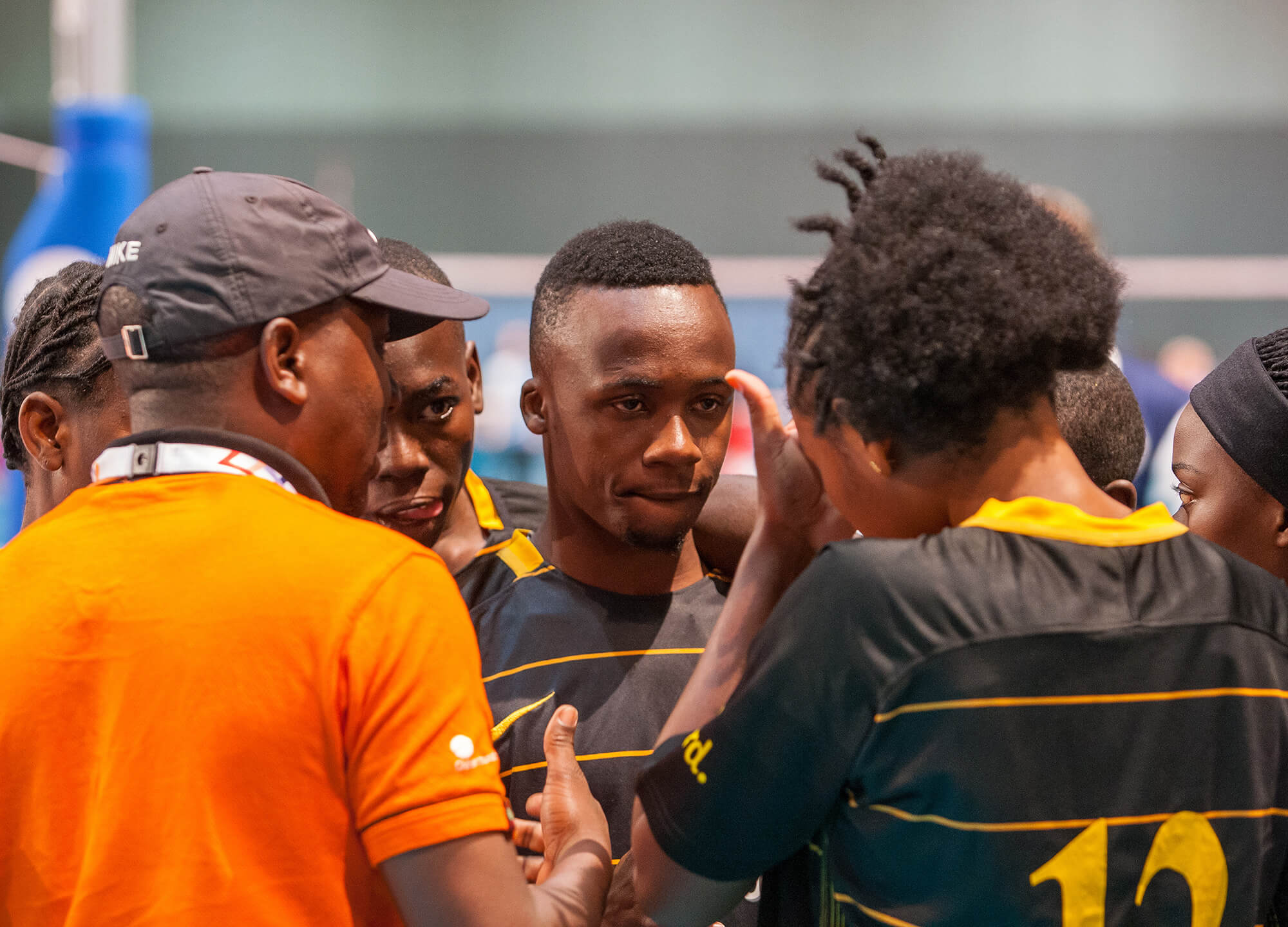Course review
Course Modules
Start Course
| Module 1 | Module 1 |
| Unit 1 | Introduction |
| Unit 2 | Special Olympics Mission and History |
| Unit 3 | Criteria for a successful unified sports program |
| Unit 4 | Course review |
| Unit 5 | Course test |
| Unit 6 | Sport: Unified Sports Coaching Course Evaluation Survey |
Powered By WP Courseware
Module Summary
History & mission of Special Olympics
Social inclusion

Much research has been conducted on social inclusion for people with intellectual disabilities. It shows that social inclusion gives athletes:
-
a sense of belonging in the community and with their peers
-
more self confidence
-
opportunities to develop relationships outside their families
-
the sense of being a valued contributor to society
Six criteria for a successful Unified Sports program
There are six criteria which need to be developed and implemented to ensure success in your Unified Sports coaching experience. Click or tap on the image to the right to revisit these.

-
Embracing the principle of meaningful involvement.
-
The practice of appropriate sport selection.
-
The recruitment of a qualified coaching staff.
-
The selection of teammates to adequately field a team.
-
The offering of regular training and competition opportunities.
-
The compliance with Special Olympics official rules.
Building your team
Models of Unified Sports play
The competitive model is best suited for a team with an equal balance in
the ability and age of all teammates.
If any Unified teammates have a significantly higher skill level than
others in the team, then the player development model would be a good
choice for your team.
It could be the athletes with intellectual disability or Unified partners who have the higher ability level. Regardless of who, the player development model is more appropriate.
It could be the athletes with intellectual disability or Unified partners who have the higher ability level. Regardless of who, the player development model is more appropriate.
The recreation model provides a more gradual and informal introduction
to the goals of Unified Sports. It allows for teams with varied
abilities and numbers of athletes and partners.
Regardless of your group composition, there is a Unified Sports model that’s right for your team.
Regardless of your group composition, there is a Unified Sports model that’s right for your team.
Considerations of a coach
As a Unified Sports coach, you play a crucial role in facilitating the relationship between teammates while also focusing on sport development.

To best ensure your success as a coach and the success of your team you should:
explain what you expect of your teammates
apply the principle of meaningful involvement
-
select the correct sport and Unified Sports model for your team
match players’ abilities to roles on the team
focus on teammates’ capabilities
foster additional social experiences
coach everyone on the team
make fitness a priority
ensure all players contribute to the team
-
ensure all teammates perform in accordance with the Unified Sports model
demonstrate and expect sportsmanship
make sure everyone has fun